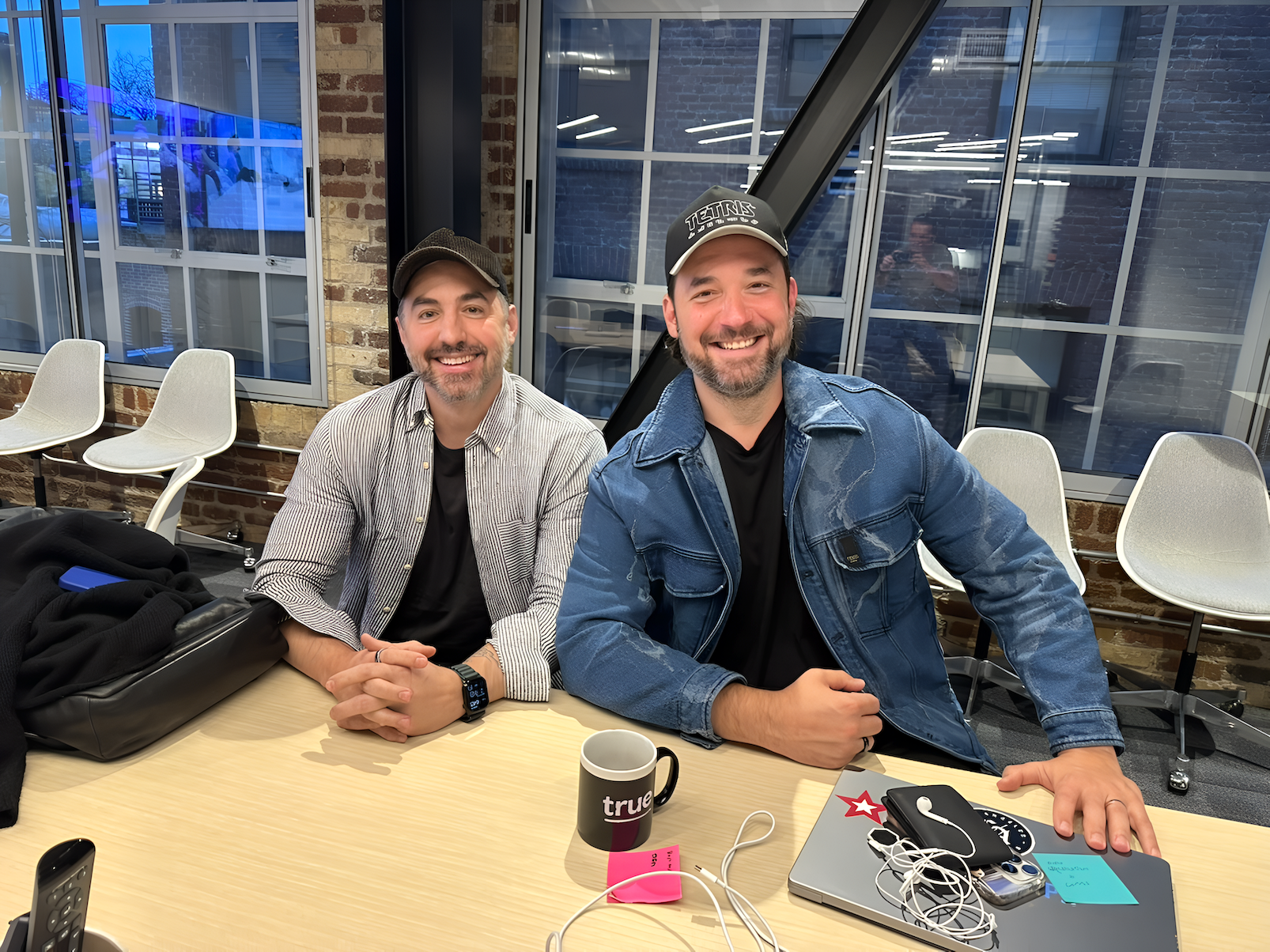Before Reddit claimed its throne as the front page of the Internet, there was Digg. Born in 2004 as an experiment by Kevin Rose, Owen Byrne, Ron Gorodetzky, and Jay Adelson, it was a treasure chest of the web’s wildest, weirdest, and most wonderful content. It quickly became my favorite site, and my browser's home page.
By 2006, Digg’s founder, Kevin Rose, was gracing the cover of BusinessWeek as the ringleader of “a new brat pack of Silicon Valley entrepreneurs.” The magazine slapped a $60 million valuation on Digg. A number some scoffed at until 2008 rolled around, and whispers of a $200 million Google acquisition began swirling. With over 236 million visitors a year, Digg was clearly on top. Sites lucky enough to get featured would often buckle under the “Digg Effect,” a thundering stampede of visitors that would crash their servers.
But, as the old proverb goes, “those who climb highest have the farthest to fall”. Over the next few years, a series of updates aimed at addressing content manipulation, excessive moderation, and censorship backfired, alienating much of the community. The tipping point arrived in 2010 when a controversial redesign, known as “Digg v4,” proved to be a breaking point for many loyal users. In the months that followed, Digg’s traffic plummeted, while Reddit’s soared by 230%. Digg never regained its footing, and over the next two years it struggled to retain relevance. By July 2012, its monthly unique visitors had dwindled by 90% from their peak.
History, it seems, has a way of repeating itself, and Reddit is now grappling with the very issues Digg aimed to resolve back in 2010: A toxic culture, unruly moderators, rampant brigading, and the ever-present specter of censorship. In the lead-up to the 2024 election, I found myself steering clear of the site entirely. Communities I would visit to unwind at the end of the day had devolved into an exhausting din of political bickering. What happened to that quirky, vibrant sense of connection—the days of chuckling at Strong Bad’s emails, and picking up WiFi hacking tips from Kevin Rose and Dan Huard as they cracked open 40-ounce beers?
Digg, no longer associated with Kevin, had quietly remained a fixture in my daily routine. A few weeks ago, while perusing the site over my morning coffee, I spotted an announcement about an upcoming redesign. At first, I didn’t think much of it. Still, I submitted my email for updates out of curiosity. Then, days later, I stumbled across Kevin's announcement on X. Holy S**t! Digg was returning to its roots, and with Kevin Rose and Alexis Ohanian at the helm. Fate, as they say, has a fondness for irony.
As we await the big reveal, I ponder what Digg 2.0 might bring. We got a teaser this past Saturday when Alexis joined Kevin and Alex onstage at SXSW for a new episode of Diggnation. The night was electric—copious tequila shots flowed courtesy of investor Chris Sacca while a crowd of nostalgic Gen-Xers erupted in applause. Specifics were scarce, but they confirmed that Digg 2.0 will prioritize a mobile-first experience, bolstered by AI tools to lighten the load for moderators.
Important questions linger: How will Digg reign-in toxic moderators? Will they resurrect the “bury” feature, even if it allows communities become echo chambers? And most importantly, will fun, original content be boosted to restore that nostalgic weirdness to the front page?
I'm confident that if anyone can navigate these thorny challenges, it’s Kevin and Alexis. Their track record speaks for itself, and personally, I'm stoked to see what they're cooking up.

